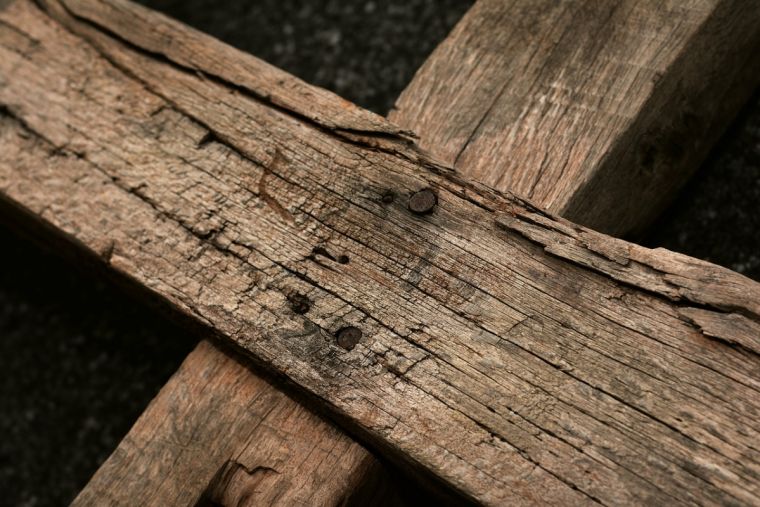Good Friday today: Living the death of Jesus
Easter is the heart of the Christian faith. No Easter, no Gospel; if Christ is not raised, our faith is in vain. But to see Easter whole, we have to start at Good Friday. There's no crown without the cross; Jesus was raised with the nail-marks showing.

If we begin with Good Friday, what do we see?
First, that the death of Jesus is very personal. A friend of mine lost his son in very tragic circumstances, and he grieves for him. He says he's been remembering the small details of his life, the things that probably no-one else even noticed, but which for him are deeply significant – the way he talked, laughed and walked. In the same way we'll read the stories of the last days of Jesus's life; we'll read about the anointing, about Gethsemane, the trial, the scourging and the crucifixion. We will dwell on them and find meaning in them, because these stories are about someone we love. Jesus isn't an abstraction; he is a person.
Second, the death of Jesus is representative. There are all sorts of theological arguments about what that means, but this is different.
This is the story of an innocent man, treated with extreme brutality and put to a dreadful death. 2,000 years later, this is common. Someone's said that sin begins when we treat people as things, and that's what the Romans did to Jesus – and to hundreds of thousands of other people. One of their own writers described their devastating wars of conquest; he said, 'They make a wilderness, and call it peace.' There are individuals and there are regimes that do that today: assault the body, mind or spirit because they can, because it makes them richer or more powerful. When we grieve on Good Friday, we're grieving not just one death, but millions throughout history.
Finally, the death of Jesus is not final. We can be very clever and very subtle about how we present the Gospel today. The early Christians weren't subtle at all. They knew that death was feared, so they preached about the God who was stronger than death, and who proved it by raising his son to life.
And that's the key that opens every lock. Because we are frightened of all sorts of things: illness, separation, loss; but the ultimate fear, the last and strongest enemy, is death. If God is stronger than death, he's stronger than anything.
So we look at our lives, with their trials and temptations, their failures and their sorrows, in the light of the resurrection. And no matter how deeply we're cast down, we trust that God will raise us up together with Christ.
Follow Mark Woods on Twitter: @RevMarkWoods











